
What you Need to Know about Hiring Temporary Workers in 2025
Historically, the Netherlands has been one of the most proactive countries when it comes to monitoring temporary labour and supply chains, to make sure that workers are protected, and functions are in place to ensure compliance. From 1st January 2025, the Dutch government has lifted the enforcement moratorium that has been placed on the Tax administration, and they will be actively reaching out to companies to ask if they are utilizing any self-employed individuals and will be asked to provide evidence to demonstrate that an employer-employee relationship doesn’t exist.
EMEA Recruitment is proud to support our clients with their temporary and interim recruitment needs. Whether you’re looking for a ZZP’er (self-employed professional) to lead a project, or require cover for maternity or sick leave, we work with an active network of workers ready to take on their next assignment.
The rules
This law isn’t new - it has been in place for the last eight years – but the Tax administration has been limited in actions it has been allowed to take, unless it was aware of an obvious misuse. It can now be much more proactive in identifying such misuse.
The rules are simple: A ZZP’er – or freelancer – must work on a specific project, with complete autonomy over their schedule and working patterns. Essentially, they must not work like an employee of the client company.
Both the worker and the client company are responsible for preventing false self-employment and could face enforcement action from the Tax Administration.
Your options
If you’re a company trying to navigate the new landscape, we can help you understand your position and options. EMEA Recruitment’s dedicated team in the Netherlands has assessed the legal and financial requirements of the rules, giving you confidence that you are operating within the guidelines.
It is still possible to hire a freelancer to manage a special project, like a transformation, while temporary workers are the way to go for situations where you need to cover an employee who has left the business quickly or is on leave.
Whatever your requirements, make sure you get the help you need and the right advice by reaching out to Rebecca Spicer, who leads our Interim recruitment division: [email protected]

Swiss Recruitment Market: Outlook for 2025
CH Country Director, John Byrne, gives an overview of the Swiss recruitment market and EMEA Recruitment's activities in 2024, along with our predictions for 2025.
Over the past year, EMEA Recruitment has partnered with clients to navigate the toughest market conditions since the pandemic. Looking ahead to 2025, we anticipate steady growth in Switzerland.
We have worked closely with our clients to navigate 2024 with resilience and strategic adaptability, despite global economic uncertainties such as fluctuating global markets, a strong Swiss franc, and ongoing geopolitical tensions.
2024 overview
2024 started with the continuation of our clients adopting flexible work arrangements and upskilling initiatives to attract and retain talent, reflecting a shift toward employee-centric recruitment strategies.
However, the second half of the year challenged this, with a few businesses looking to establish a stronger presence in the office. We oversaw a number of projects offering market consensuses for our clients to identify the right balance for them and expect this to be an ongoing theme into the New Year and beyond.
Did your business change its flexible work arrangements in 2024? Our recruitment team would be happy to discuss the market’s holistic stance for insights.
Tech & Transformation
The demand for our services remained robust across key sectors like technology and life sciences, and among a host of newly settled businesses establishing themselves here, driven by Switzerland's continued reputation as a hub for innovation and global business.
We continued to invest heavily in our Tech & Transformation division, focused on senior leadership roles, as the demand for talent increases across sustainability and digital transformation. We’re also seeing new roles in green energy, AI, and data analytics.
Outlook for 2025
Looking ahead, the outlook is cautiously optimistic. Despite global economic uncertainties, Switzerland's low unemployment rate and stable economy continue to provide a solid foundation for the recruitment market.
Our indications suggest that the market is poised for steady growth, with opportunities continuing in newly settled businesses and emerging industries (including AI, biotechnology, and sustainability initiatives).
These factors signal optimism for both candidates and clients alike in 2025. If you need our support in your own career or within your current team, please get in touch and I will connect you with the right expert: [email protected]

Talent Strategies for a Changing Economy in the Nordics – Key Insights for Q4 2024
Hanna Gibson, Senior Consultant in our Nordics recruitment division, reflects on the Finance & Accounting recruitment market during Q3 and shed's light on key trends shaping the region progressing into Q4.
As we progress into the final quarter of 2024, one key trend in the Nordics is the rising importance of cross-functional skills, especially in Finance.
With companies striving to streamline operations, Finance professionals are now playing more strategic roles. CFOs are increasingly seeking candidates who can provide data-driven insights, not just for financial planning, but also for broader business strategies.
Reflecting on Q3 2024
Q3 highlighted the growing demand for Finance professionals who can contribute beyond traditional roles. Companies in the Nordics are increasingly seeking individuals with a strong blend of financial expertise and strategic acumen.
This quarter also saw digital transformation take center stage, with AI-driven forecasting, automation, and advanced analytics becoming essential tools. According to the World Economic Forum, over 40% of Nordic businesses are investing in digital Finance tools, significantly increasing the demand for tech-savvy professionals to lead these initiatives.
November is a Crucial Time to Secure Top Talent
With 2025 plans being finalized, competition for top talent is intensifying. November presents a valuable opportunity to engage with professionals looking to make strategic career moves before the new fiscal year begins.
For industries already facing talent shortages - especially in Finance and Accounting - delaying until 2025 could put you at a disadvantage.
Preparing for 2025 Success
Q4 isn’t just a time for reflection; it’s a time for action. Aligning your talent strategy with future demands is key.
EMEA Recruitment is here to help you stay ahead of the curve, ensuring you have the expertise to drive your business forward into 2025. Contact us today to find out how we can support your recruitment needs and help you secure top talent before the competition.

The Future of Talent Acquisition: Balancing AI and Human Connection
There is much discussion about how automation will impact the HR function, with organisations at varying stages of adapting and capitalising on its benefits.
Last month, we turned our attention to how AI may affect Talent Acquisition and we welcomed TA Leader Douwe van der Leer to share his views at our TA networking event in Amsterdam.
Key takeaways from the session included the need for TA professionals to evolve into Talent Strategists. As automation reduces transactional tasks, Recruiters must use the additional capacity to deepen their understanding of the organisation and its business goals.
They’ll need to partner with business leaders and engage in detailed discussions around the future skills required to ensure organisational success, as well as strategies for effectively connecting with this talent.
The companies that will win the competition for top talent will be those that implement seamless automation, punctuated by highly personalised, human-centred interactions.
TA teams may become leaner as recruitment responsibility is shifted to hiring managers to run automated processes. Alternatively, they may evolve to encompass a more integrated approach to talent, including Onboarding, Talent Mobility, Internal Hiring programs, and Learning & Development - something we're already witnessing with several of our international clients.
Another interesting idea is the return of the ‘hidden talent market’. As individuals increasingly choose not to engage with messages on traditional platforms like LinkedIn, where many interactions will become automated, could we see a return of the old-style head hunter? These professionals were successful due to the strength of their network and their ability to engage with talent in more creative ways.
However, as the function evolves, those who do not embrace the benefits of AI whilst understanding where human connection can make a difference will surely find themselves left behind.
If you’re interested in discussing how your organisation can effectively navigate these changes in Talent Acquisition or if you’d like to share your own insights, please don't hesitate to reach out to Katie Insley, Director in our HR recruitment team in the Netherlands: [email protected]
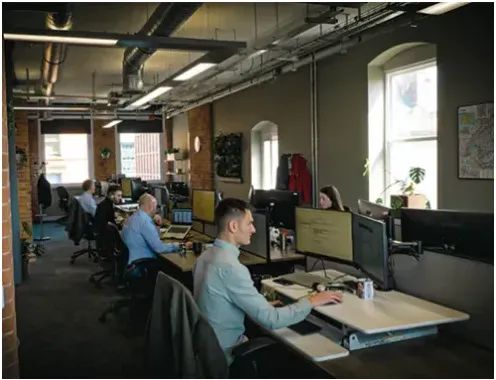
Digital Transformation in Switzerland: EMEA Recruitment’s Approach to Leadership and Tech Talent
In today’s fast-paced business landscape, the ability to adapt to digital disruption is essential for growth and sustainability. Every month, EMEA Recruitment connects with hundreds of diverse individuals across our established and expanding network who share market changes, challenges, and innovative digital strategies.
Having understood the critical role that technology plays in transforming modern businesses that are facing digital disruption, we continue to receive enquiries from new areas of our network. Our Technology & Transformation recruitment division was created to handle such enquiries, as this area touches so many different disciplines within business.
The Demand for Leadership Skills
Whether it is true transformation to take advantage of market growth or to readjust for industry pressures, we have witnessed an upwards trend in demand for leadership skills experienced with guiding teams through this.
EMEA Recruitment has partnered with several Swiss-based entities to source skilled professionals who excel not only in cutting-edge technologies, but who also bring the essential strategic acumen and leadership skills necessary to implement meaningful large-scale change.
This highly tailored, “people first” approach has been of particular value to clients in a rapidly shifting market. Often, the softer side of leadership can be overlooked when change is needed, but the best change programmes are those that align with these skills to deliver successful, long-term results.
Your requirements
If your business is searching for evolving skillsets, such as data science and analysis, systems architecture and development, and/or technologies including AI, blockchain and the IoT, to strengthen your market position, then we’d be happy to discuss your requirements.
Many of the candidates we now represent are adept in leading complex transformation projects, ensuring seamless transitions and delivering successful outcomes. Please reach out to our Country Director, John Byrne, who will be happy to help: [email protected]

The Power of Succession Planning, Cost-Conscious Recruitment, and External Providers
Effective succession planning and cost-conscious recruitment are key to business continuity and long-term success. While organizations grapple with the challenges of managing internal talent and controlling recruitment expenses, partnering with external providers can offer you significant advantages.
Succession Planning: Building a Leadership Pipeline
Succession planning is more than preparing for the inevitable leadership change - it's about ensuring your company thrives no matter the disruption.
With a well-designed succession plan and by proactively identifying and developing future leaders early, you can ensure smoother transitions and that the right talent is in place to step into critical roles when that leadership change occurs.
Additionally, when employees are presented with a clear progression path, it not only boosts their loyalty, heightens engagement, and fosters long-term retention but also cultivates leaders who truly embody your company’s values.
However, even with the strongest succession plans, gaps may arise, requiring an external recruitment partner - and that's where EMEA Recruitment come into play.
Cost-Conscious Recruitment: Maximizing Efficiency
Recruitment is often costly, requiring time, resources and financial investment. If you're looking to hire cost-effectively whilst securing top talent, it’s important to adopt strategies that minimize costs without sacrificing quality.
More obvious strategies include internal promotion, reducing onboarding costs and time due to the employee familiarity with company operations, and developing a talent pipeline to avoid last-minute costly hires. But have you considered embracing new technology?..
Leveraging an ATS (applicant tracking system) and AI recruitment platforms can help you streamline the hiring process and reduce manual work, saving you time and money. In May we held a TA Roundtable to explore such tools, to discuss these in detail please feel free to reach out.
The Value of External Recruitment Providers
While there's an upfront cost to using recruitment companies, many external providers offer unique advantages, especially for senior or specialized roles and cost-savings in the long run.
By partnering with EMEA Recruitment, you could benefit from our deep industry expertise, allowing us to top talent quickly. We also provide access to a wider talent pool, including those who may not be actively searching but are open to the right opportunity, freeing you to focus more on internal operations.
In summary, succession planning and cost-conscious recruitment are most effective when supported by external expertise. By integrating these elements, businesses can ensure smooth transitions, achieve cost-effective hiring, and secure long-term success without overspending.
For a more detailed discussion on how EMEA Recruitment can help you build a strong leadership pipeline and drive your business forward, please don't hesitate to get in touch: [email protected]

EMEA podcasts
The EMEA Recruitment podcast welcomes guests from across our network and beyond to share their career journeys, advice, and inspirational stories.




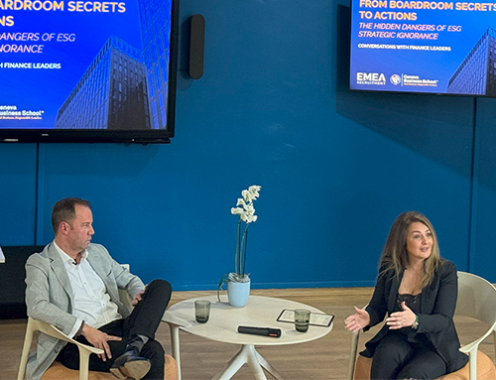
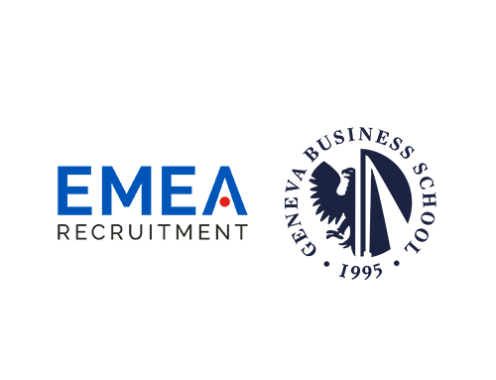

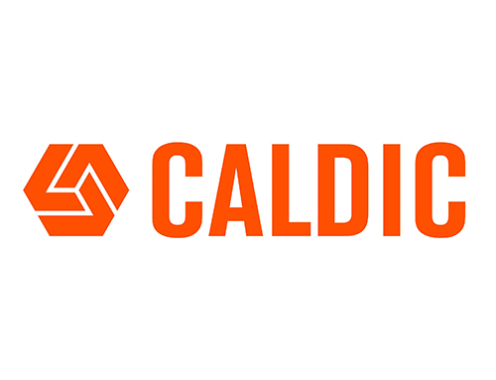

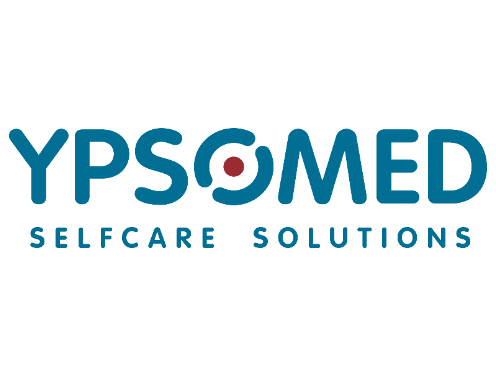





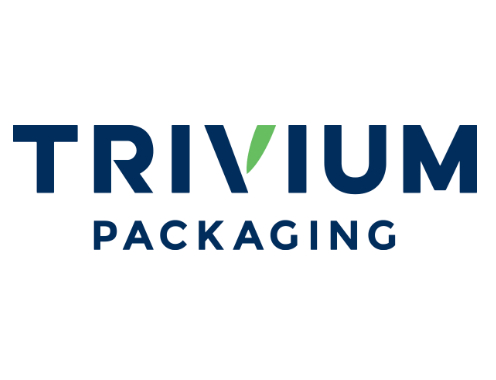


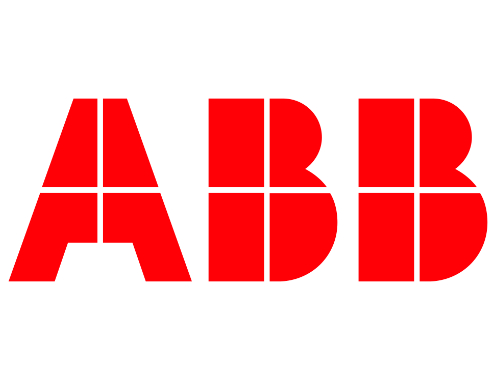
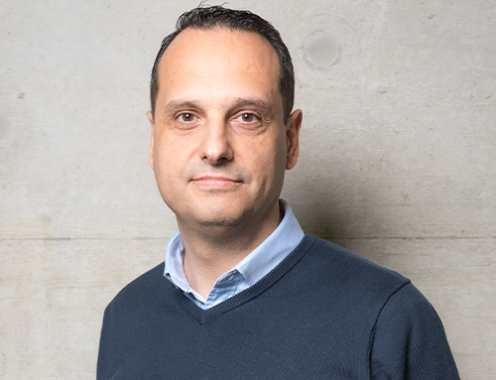
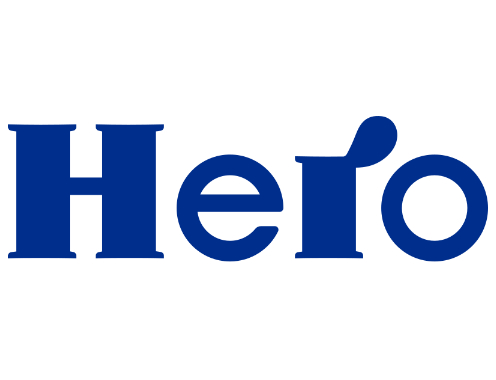


You can also use your social account to sign in. First you need to:
Accept Terms & Conditions And Privacy Policy